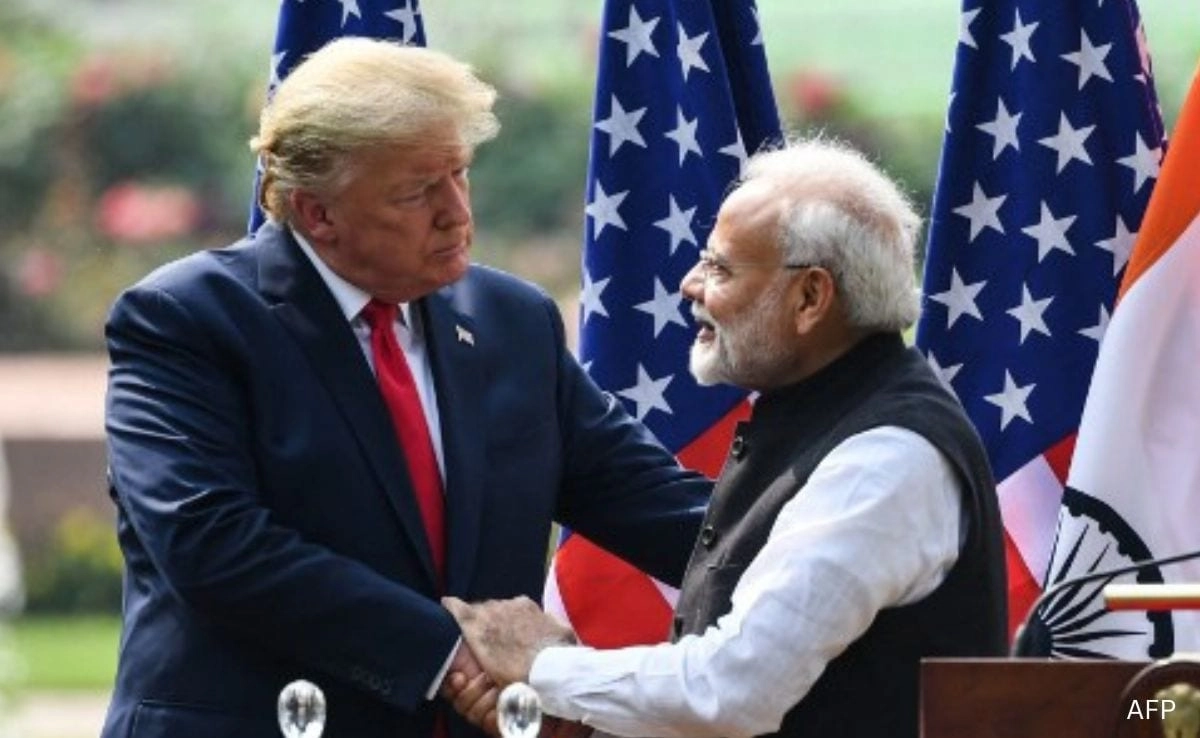The relationship between India and the United States has historically been characterized by fluctuating dynamics, marked by moments of camaraderie and tension. During their respective tenures, Prime Minister Narendra Modi and former President Donald Trump often referred to each other as “good friends,” emphasizing a personal rapport that seemed to reflect a broader alignment between their nations. This camaraderie was evident in various diplomatic engagements, state visits, and joint statements aimed at strengthening bilateral ties. Their mutual admiration was seen as a significant factor in fostering deeper cooperation in areas like defense, trade, and counter-terrorism.
However, recent developments indicate that the US-India relationship is experiencing some turbulence. Both nations are grappling with complex geopolitical challenges that complicate their partnership. The rise of China as a dominant regional power has prompted both countries to re-evaluate their strategic priorities. While they share concerns about China’s influence, differing approaches to trade, human rights, and climate change have begun to create friction in their interactions. For instance, India’s approach to trade negotiations has sometimes clashed with the more assertive stance taken by the United States, leading to disagreements that could potentially undermine the previously warm ties.
Moreover, India’s domestic policies, particularly concerning human rights and religious freedoms, have drawn criticism from U.S. lawmakers and human rights organizations. This scrutiny has put pressure on the Biden administration to reassess its engagement with India, especially as it seeks to establish a foreign policy grounded in democratic values. The challenge lies in balancing these concerns with the strategic imperative of maintaining a strong alliance with a key regional player in the Indo-Pacific. As the geopolitical landscape evolves, the future of US-India relations will likely depend on both countries’ ability to navigate these complexities while finding common ground on shared interests.
In this context, the once-celebrated friendship between Modi and Trump may serve as a reminder of the personal connections that can influence international relations, but it also highlights the reality that relationships between nations are often more complex than individual rapport. As the U.S. and India face a series of challenges on the global stage, the need for constructive dialogue and mutual understanding will be crucial in ensuring that their partnership can adapt and thrive in an increasingly multipolar world. The coming years will be critical in determining whether these two nations can overcome their differences and reinforce the foundations of their alliance, which holds significant implications not just for them, but for the broader geopolitical landscape.




